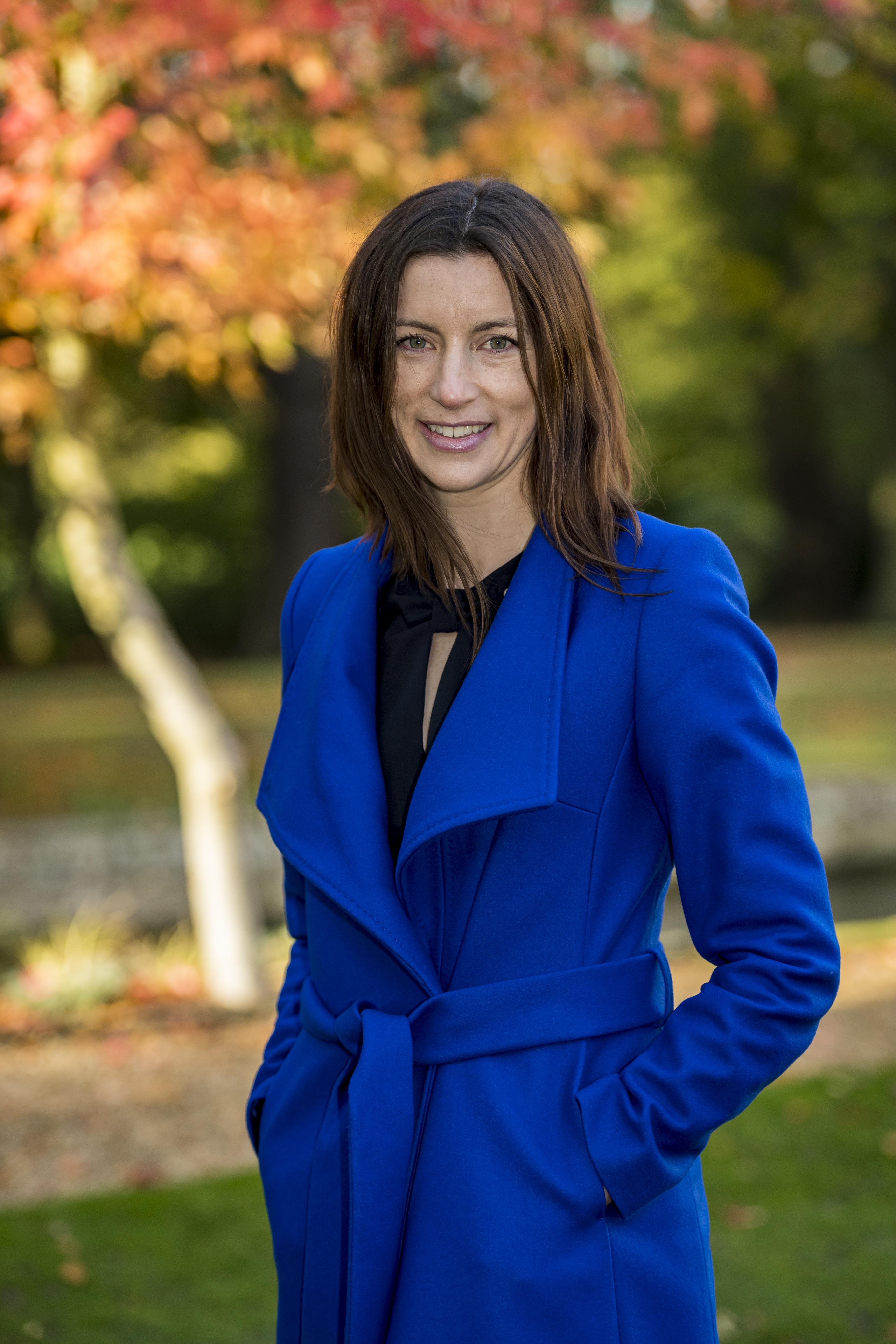
Submitted by D.C. Morgan on Thu, 27/02/2020 - 18:50
Dr Kristen MacAskill gave her inaugural lecture for the MPhil in Engineering for Sustainable Development this March as part of a two lecture series in the Resilience and Hazard Mitigation in Future Cities (ESD 360) module.
Dr Kristen MacAskill was recently appointed as a Lecturer in Engineering, Environment and Sustainable Development at the Department of Engineering. This follows nearly 3 years as Course Director for the Construction Engineering Master's programme, a part-time programme also hosted by the Department. She originally trained as a civil engineer and completed a Master's in Engineering Management at Canterbury University, New Zealand. She also obtained an MPhil in Engineering for Sustainable Development and a PhD from Cambridge.
Before returning to a role in academia, Kristen worked for several years as a consulting engineer in both the water and transport sectors. Her experience covers various areas of infrastructure development, including: strategic level options assessment, post-earthquake damage assessment, infrastructure design, project management and sustainability assessment. She is currently a lead member of the Technical Advisory Group for the Resilience Shift – an international programme funded by Lloyd's Register Foundation and hosted by Arup, with the goal of facilitating a shift towards resilience in critical infrastructure sectors.
Kristen believes there is huge value in what professional-oriented masters programmes can offer; particularly through cohort-based learning, through the use of specifically designed case study material and through developing participants' critical thinking and communication skills.
"Nearly a decade ago I moved to Cambridge to complete the MPhil ESD, it was a life-changing experience. It's an exciting move to be joining the team to help deliver the programme."
Dr MacAskill will be leading the Reslience and Hazard Mitigation in Future Cities module next year, whilst also heading up the CCP programme where student teams work with businesses, NGOs and other stakeholders on consultancy style projects. Dr MacAskill will also be continuing her research in disaster risk management, risk governance and resilience through her new role.
